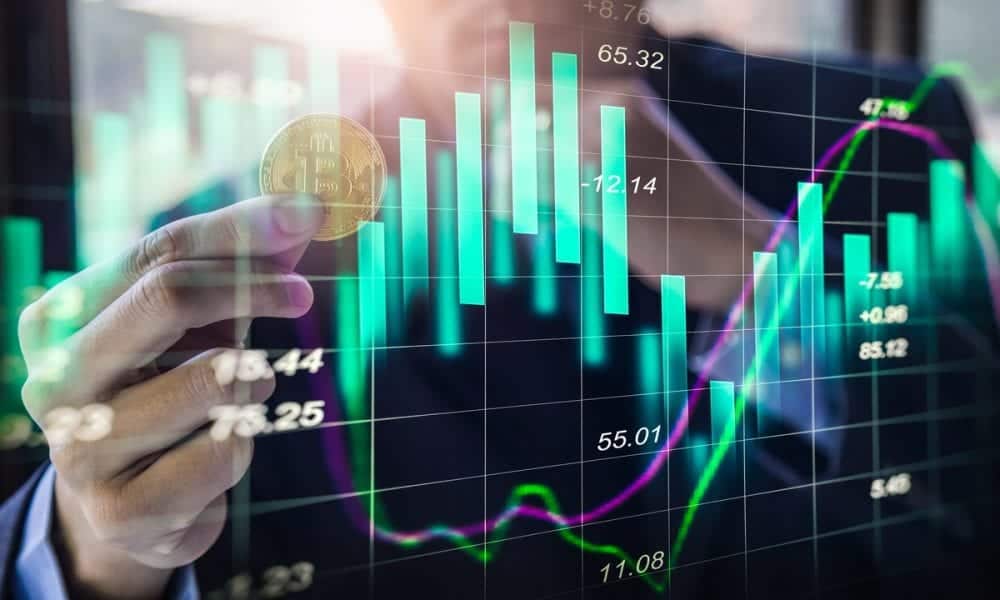Commodity trading is one of the oldest forms of trading and involves the buying and selling of raw materials, such as gold, oil, or wheat. In this article, we will provide you with a comprehensive guide to commodity trading, including what it is, how it works, and some of the benefits and risks associated with it.
What is Commodity Trading?
Commodity trading involves the buying and selling of physical goods, such as metals, energy, and agricultural products. These goods are typically traded in large quantities on exchanges around the world, such as the Chicago Mercantile Exchange (CME) or the London Metal Exchange (LME). The prices of these commodities fluctuate based on supply and demand factors, which in turn are influenced by factors such as geopolitical events, weather patterns, and economic conditions.
How Does Commodity Trading Work?
Commodity trading works through the use of futures contracts. A futures contract is an agreement to buy or sell a specific commodity at a predetermined price and date in the future. These contracts are traded on exchanges and can be bought or sold by individuals or companies. When a trader buys a futures contract, they are agreeing to buy the underlying commodity at a specific price and date in the future. Conversely, when they sell a futures contract, they are agreeing to sell the underlying commodity at a specific price and date in the future.
Commodity trading can also be done through exchange-traded funds (ETFs) or mutual funds. These funds invest in a variety of commodities and allow investors to gain exposure to the commodity markets without having to buy and sell individual futures contracts.
Benefits of Commodity Trading
- Diversification: Commodity trading provides investors with an opportunity to diversify their portfolios beyond traditional stocks and bonds.
- Inflation Hedge: Commodities are often viewed as an inflation hedge, as their prices tend to rise during periods of high inflation.
- Liquidity: Commodity markets are highly liquid, meaning that traders can easily buy and sell contracts without affecting the market.
Risks of Commodity Trading
- Volatility: Commodity prices can be highly volatile, which can lead to large losses for traders.
- Leverage: Futures contracts are highly leveraged, meaning that traders can control large quantities of commodities with a relatively small amount of capital. While this can lead to large profits, it can also lead to large losses.
- Geopolitical Risks: Commodity prices can be affected by geopolitical events, such as wars or trade disputes, which can be difficult to predict.
Commodity trading can be a lucrative investment opportunity for those who are willing to take the risks associated with it. By understanding how commodity trading works and the benefits and risks associated with it, investors can make informed decisions about whether or not to include commodities in their investment portfolios.
It is important to note that commodity trading involves a high degree of risk and is not suitable for all investors. It is important to consult with a financial advisor before investing in commodities.





